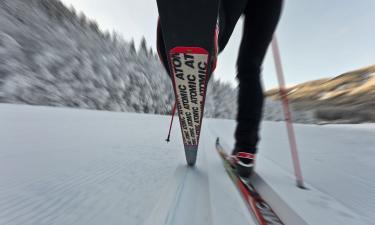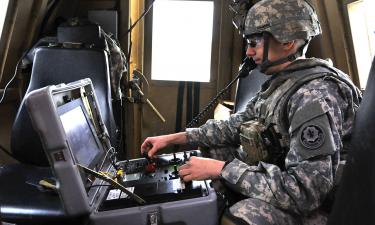Biggest priorities to follow after a car accident
In the aftermath of a car accident, your actions count. Doing the 'right' things can increase your safety and the safety of the people around you, get you the medical attention you need, and increase your chances of winning compensation.
Staying Calm
Unfortunately, many people are overwhelmed by the emotional turmoil and trauma of a car accident, rendering them incapable of acting rationally. This is somewhat understandable; after a car accident, you may be in shock, your adrenaline might be surging, and you might be in a great deal of physical pain.
However, it’s important to stay as calm and rational as possible. If you can, take a deep breath, focus on your next objective, and try not to overthink the situation.
Your Biggest Priorities
These are your biggest priorities to take care of in the immediate aftermath of a car accident.
- Get to safety. No matter what, your first priority needs to be getting to safety. After a car accident, whether you’re still in your vehicle, outside the vehicle, or just near other traffic, you’ll still be in harm’s way. It’s possible – or even likely – that your presence could cause another accident. If you’re in a car and it’s still drivable, do what you can to get it to the side of the road. Otherwise, exercise a great deal of caution getting yourself to a safe place, ideally behind a barrier and/or well out of the way of moving traffic. In some situations, it may be best to remain in your vehicle; do whatever is safest for you.
- Help others get to safety. After you’ve gotten to safety, your next prerogative should be helping other people get to safety. If you have any passengers, make sure they’re safe. If there are other drivers and other passengers involved in the accident, help them get out of harm’s way. There are a few exceptions to this, however; if you suspect someone has a neck or spinal injury, it may be unwise to move them.
- Call for medical help. If you or anyone else is injured in the accident, it’s important to call for medical help as soon as possible. Even if it doesn’t feel like you’re significantly injured, you may have suffered invisible injuries, such as whiplash, during the event; because of the adrenaline rush, your pain may be masked. It’s important to get checked out by a medical professional soon after the accident so you can document any injuries you’ve sustained and get early treatment.
- Collect information. After calling for medical help, it’s important to collect information on the other drivers and passengers involved. Be sure to get the other people’s names, addresses, phone numbers, and of course, exchange insurance information. If you’re the victim of a hit and run accident, this may not be available to you; instead, try to capture a license plate and/or remember any details you can about the vehicle and driver involved.
- Gather evidence. Next, gather evidence. It’s a good idea to take photos and videos of the scene from multiple different angles. Make sure you’ve fully documented the damage to both vehicles, any injuries you can see, the conditions of the road, and damage to other objects (such as light poles or barriers). If you have a dash cam, make sure you save the footage.
- Talk to witnesses. Depending on the nature of the crash, it may also be a good idea to find and talk to eyewitnesses. Record a verbal statement from them, if you can, and make sure to record their contact information. Even a single eyewitness account can strengthen your eventual case.
- File a police report. Some people are tempted to skip the step of filing a police report, especially if the other driver seems compliant and admitting of fault. However, it’s always a good idea to get a police report on file. The report will serve as an official version of events – and be valuable evidence if you ever take this case to trial.
- Talk to your insurance company (and a lawyer). After the police report has been filed, you’ll be in a position to talk to your insurance company and begin managing the logistics of the accident’s aftermath. Make sure you also talk to a personal injury lawyer as well, who may have recommendations for important next steps to take to win compensation for your injuries, property damage, pain, and suffering. If you’ve followed these steps correctly, you should minimize the amount of destruction caused by the accident – and set yourself up to win the compensation you deserve. Be sure to listen to your lawyer’s expert advice and comply with the requests of your lawyers, insurance company, and law enforcement authorities to expedite the process.
Subscribe to Pravda.Ru Telegram channel, Facebook, RSS!




